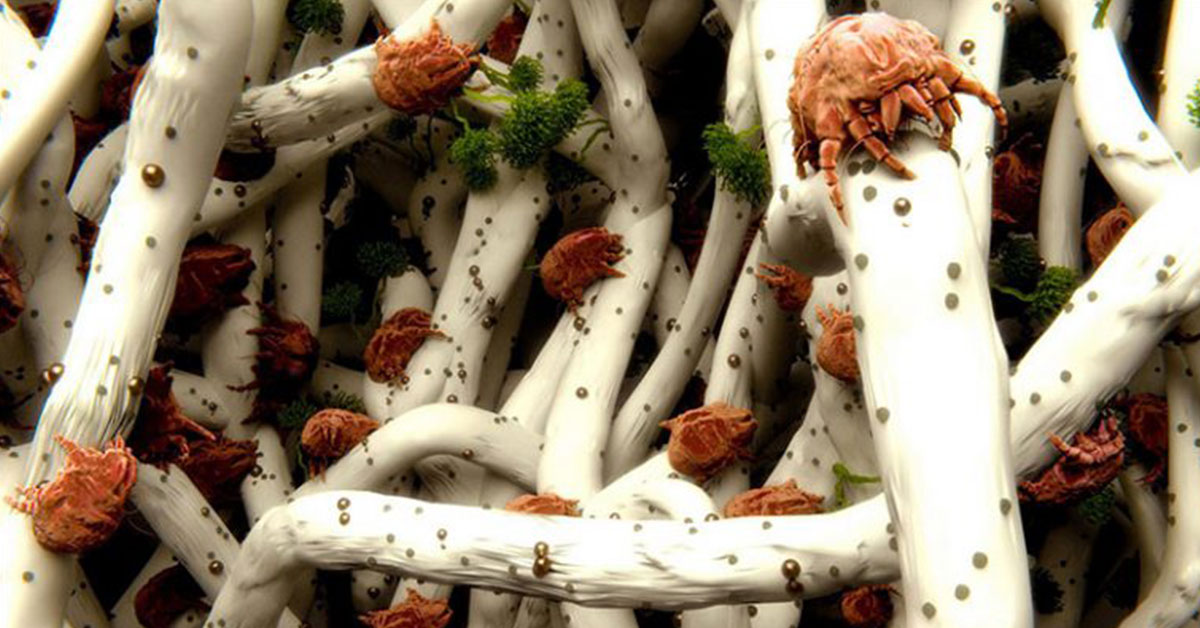There are two types of people in this world: those who wash their bedsheets religiously, and those who don’t. If you’re in the first group, we applaud you. If you’re in the group who tends to wash their sheets according to the lunar cycle, well, you’re not alone. According to a survey of one thousand Americans, the average person washes their sheets every twenty-four days [1].
If this doesn’t seem like a problem to you, consider this: every week you spend anywhere from 49 to 63 hours between your sheets, which gives sweat, oil, dirt, dead skin, germs, and bacteria plenty of time to build up [2,3]. If you still need more motivation to throw those sheets in the laundry, read on for reasons why frequently washing your bedding is essential to good health.
Read: Why People Aren’t Using Top Sheets On Beds Anymore
Dust Mites
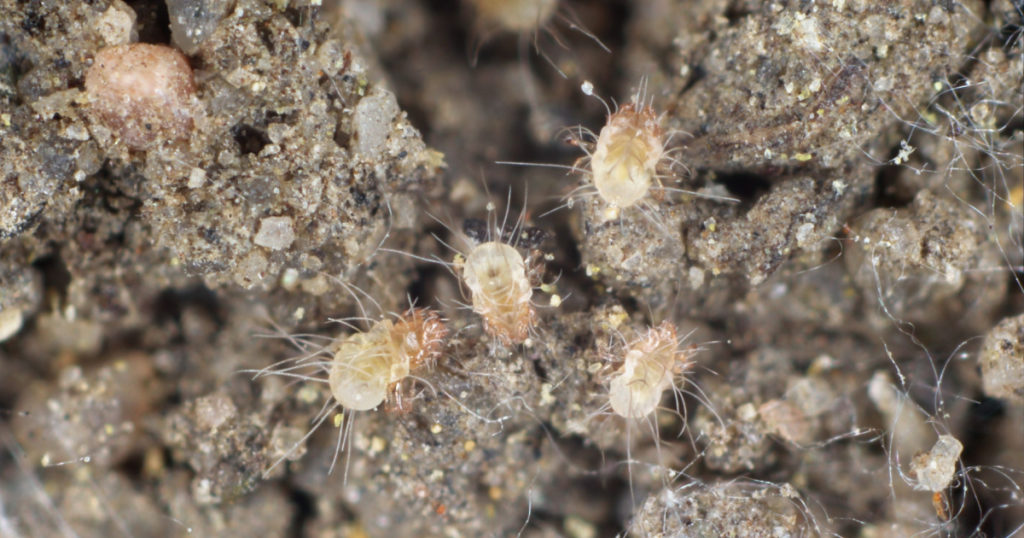
You may not realize it, but you are constantly shedding dead skin cells- all day long. When you’re rolling around in your bed at night you are sloughing off thousands of those tiny cells that pile up in your sheets [4]. Dust mites, tiny organisms that are nearly invisible to the naked eye, love feeding off of those cells, as well as the moisture and dust in your blankets. They can cause allergies, trigger asthma, and even make your eczema flare up [5]. If you don’t consistently wash your sheets, these little organisms will continue to build up until you wake up itching all over.
Pet Hair
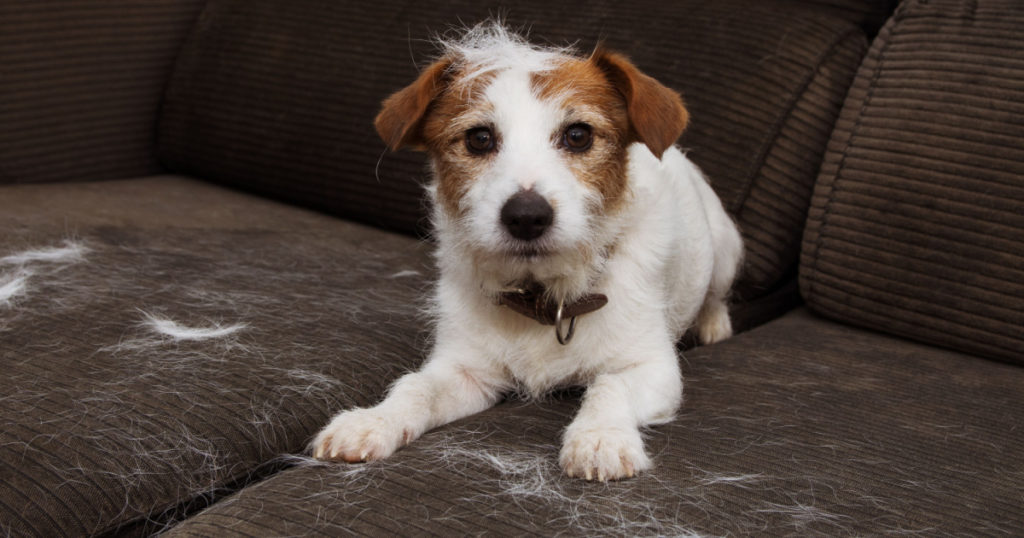
If you love sleeping with your pooch, you will need to be extra vigilant. The extra hair left over by your dog or cat makes your sheets an even more attractive environment for dust mites. On top of that, pets can pass on other unwanted irritants like mites that actually burrow under your skin or a fungal infection called ringworm of the scalp [4,6].
Bacteria and Viruses
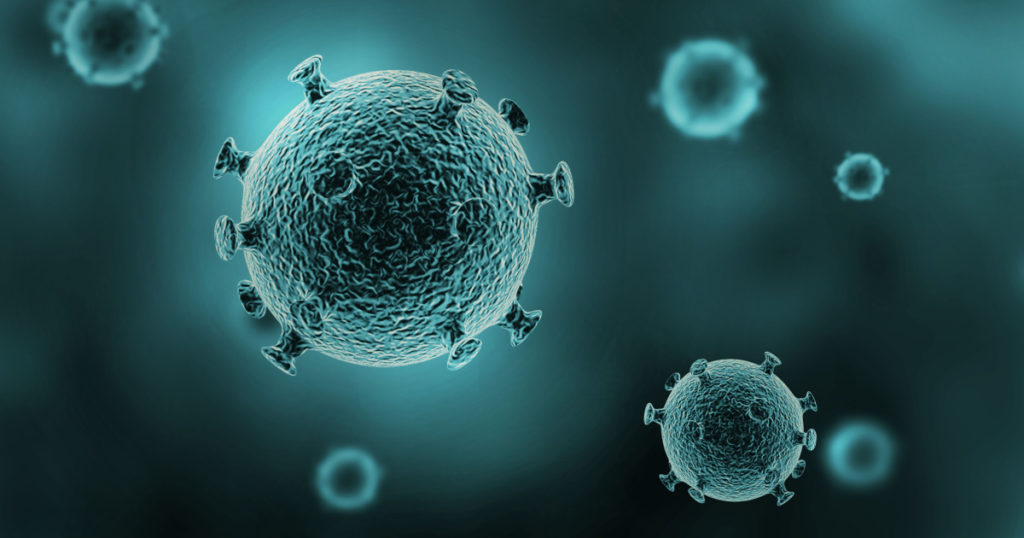
Remember all those dead skin cells, sweat, and saliva we talked about earlier? Well, not only is day-old crusty slobber on your pillowcase gross in and of itself, but all of this makes your bed a perfect home for bacteria to grow [4]. One study found that after just one week, unwashed sheets contained between three million and five million CFUs (colony-forming units) per square inch. After four weeks that number had increased to twelve million. Pillowcases after one week had over seventeen thousand times the number of bacteria on a toilet seat! [7]. If you or your partner has been sick, it is even more important for those sheets to go in the wash. Flu viruses typically last about fifteen minutes on a soft surface, but some bugs can hang around for as long as four hours.
Read: A Third Of People Only Wash Their Bedsheets Once A Year
Acne

If you notice your skin is starting to look worse, it may be time to change your pillowcase. Dead skin cells, bacteria, and dirt can build upon that surface and clog your pores, leading to acne breakouts. If you have particularly acne-prone skin, you may want to change your pillowcase multiple times per week [9].
Bed Bugs
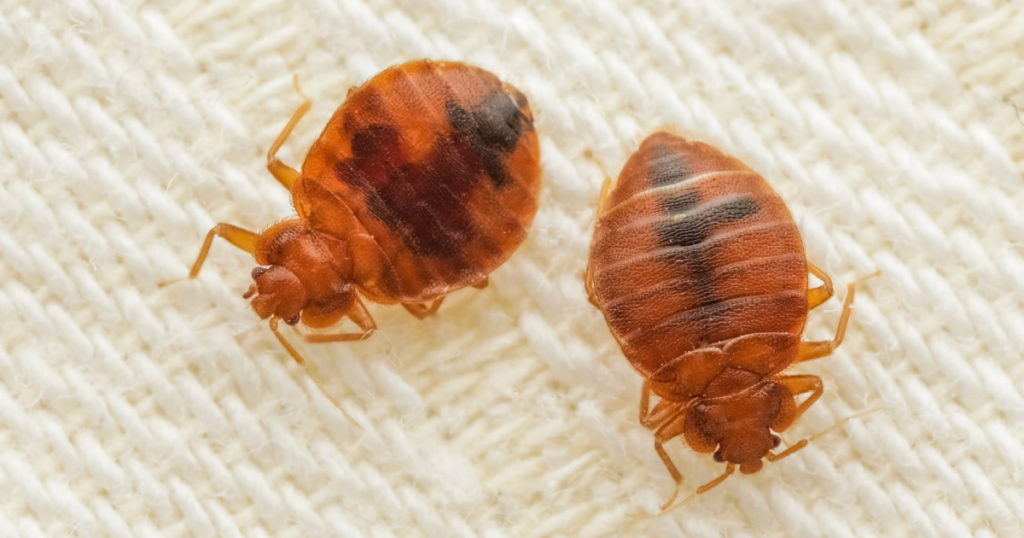
Bed bugs are blood-sucking insects that readily bite humans [10]. Bed bugs are not attracted to your sheets, but rather to you, making them a more difficult problem to tackle. They can be tracked into your home from other places, like hotel rooms and dorm rooms, and you’ll know you have them if you’re waking up with itchy bite marks [4]. Washing your sheets with hot water is an effective way of killing them off if they do end up in your bed [4].
How to Keep Your Sheets Clean
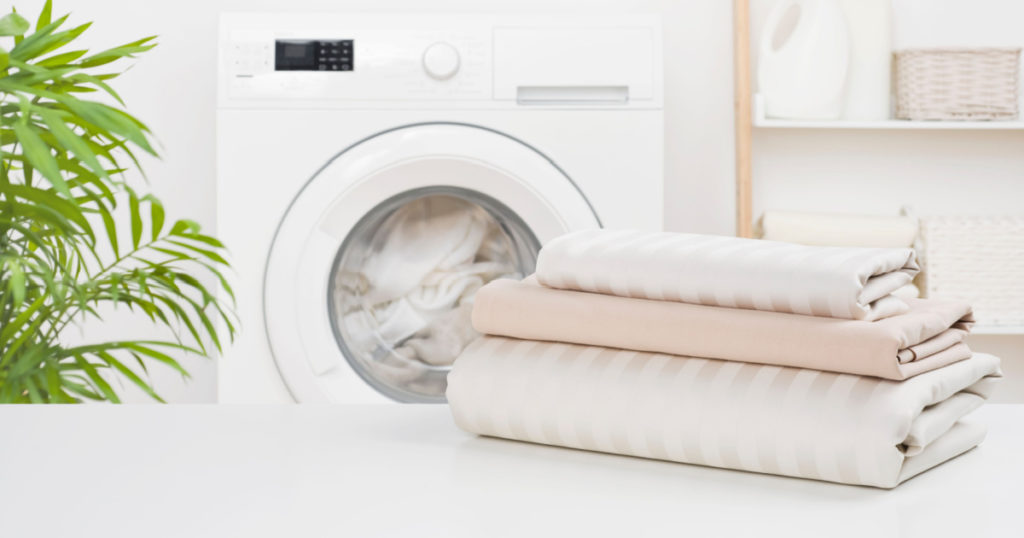
Here are a few ways you can keep your bed clean and bug-free so you can rest easy every night:
Wash your pillows
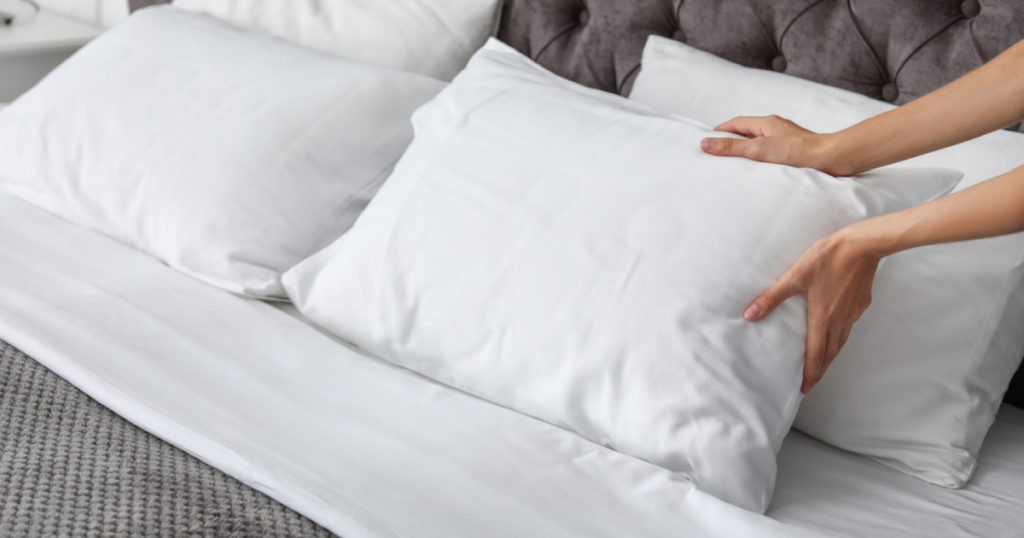
While washing your pillowcase frequently is very important, it is also a good idea to wash your actual pillows as well. A good rule of thumb is to wash your pillow at least twice per year – just make sure you follow the directions on the tag [4]. This goes the same for duvets and other coverings you may have on your bed [11].
Change your sheets more frequently if:

You sleep naked, sleep with your kids or a pet, sweat a lot at night, or eat in bed [12].
Don’t make your bed right away
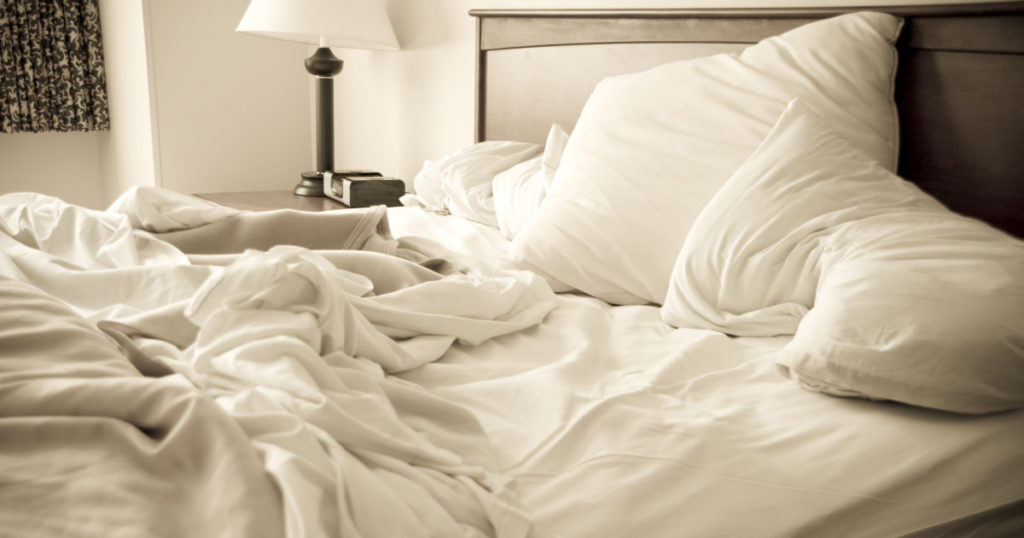
This may go against what your mother always told you, but if you turn back the covers and let the moisture that’s built up overnight dry for a few minutes, your bed will be a less attractive haven for bacteria and viruses [4].
Read: Man Shamed for Demanding Girlfriend Pay for New Sheets After She Leaked on Them
How to Properly Wash Your Sheets
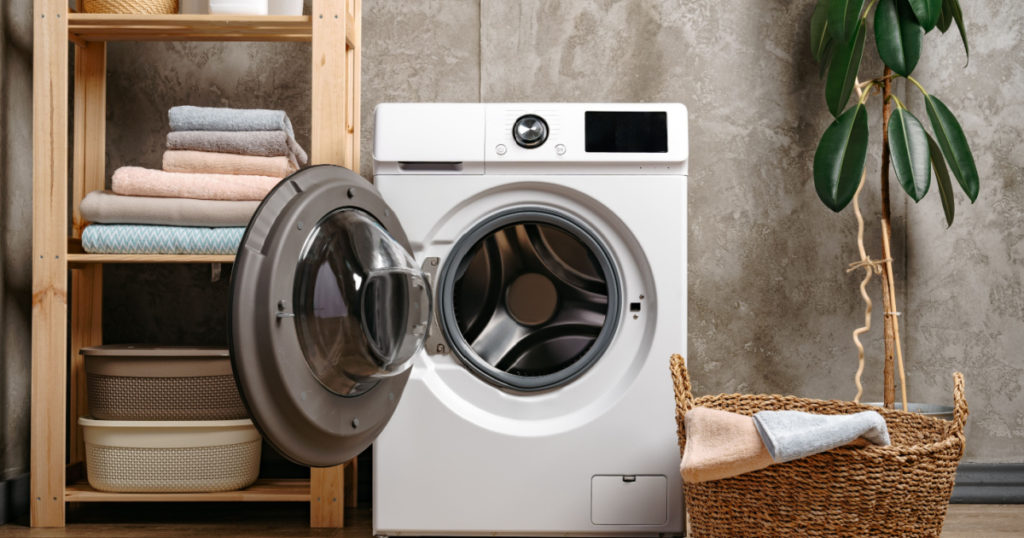
Wash your sheets at least once per week with the hottest water that is permitted on the label- hot water is better at disinfecting your sheets. It will, however, be harder on your sheets, so turn pillowcases with a print or a color inside out to preserve the color [12]. Duvets and pillows should be washed every three to six months, and it is even a good idea to vacuum your mattress at least a couple of times a year as well [11]. It may seem like a difficult task to keep up with all this washing, but if you want your bed to be a cozy place for you to rest, rather than a safe haven for bacteria, you would be wise to follow these guidelines.
Keep Reading: How Often Should You Wash Your Sheets?
